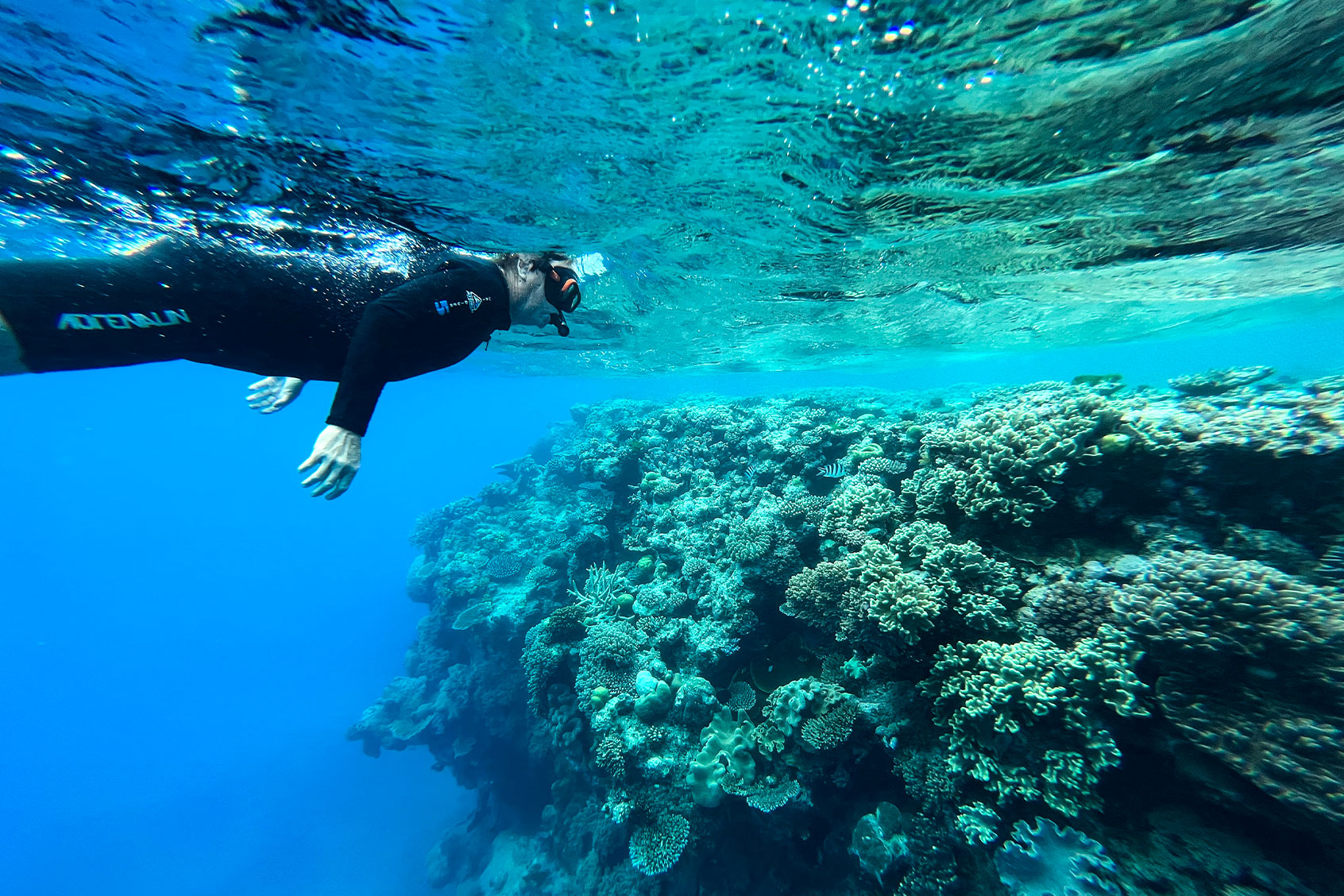The Great Barrier Reef — a colorful and iconic natural wonder off the coast of Australia that spans an area of 133,000 square miles (344,400 square kilometres) — is suffering potentially unprecedented bleaching due to climate change. Bleaching occurs when coral become stressed due to high temperatures or lack of nutrients and expel the algae that live symbiotically within it. This causes it to turn a pale, bone-white color and eventually kills the coral.
According to a report last week by the Great Barrier Reef Marine Park Authority, more than half of the 1,000 reefs analyzed (out of more than 2,900 in total) had either high, very high or extremely high levels of bleaching. Only a quarter were relatively unaffected. Perhaps most ominously, the bleaching in many regions stretched as far down as 18 meters (roughly 60 feet). Overall it is the fifth mass bleaching event to impact the reef in eight years.
“I feel devastated,” Dr Selina Ward, a marine biologist and former academic director of the University of Queensland’s Heron Island Research Station, told The Guardian. “I’ve been working on the reef since 1992 but this [event], I’m really struggling with.”
The main culprit behind coral bleaching is rising ocean temperatures. Although bleached coral is not the same thing as dead coral, the fact that it is bleached indicates that it is unhealthy and more vulnerable to death. Unfortunately for the reef, Earth's temperature continues to increase because humans keep burning fossil fuels, which contribute to global heating and climate change, which make bleaching events a regular occurrence.
“What are we doing to stop the reef from being lost?” Ward said. “We cannot expect to save the Great Barrier Reef and be opening new fossil fuel developments. It’s time to act and there are no more excuses.”

